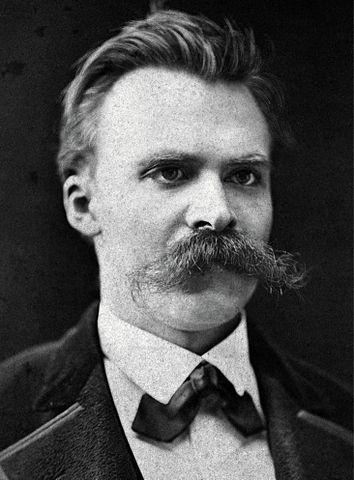
A New History for a New Century
Why Study History
Historical illiteracy is not a victimless crime. Those without a knowledge of history lack essential cultural literacy, and are unable to make sense of a host of cultural references. Those who know no history are also vulnerable to many fallacies, delusions, and mistaken beliefs.
History, it has been said, is “bunk” (Henry Ford), a “pack of lies the living play on the dead” (Voltaire), a register of humanity’s “crimes, follies, and misfortunes” (Edward Gibbon), or merely “one damned thing after another” (Arnold J. Toynbee).
But history is more than those things. It is the sum total of human experience in all its complexity. It is also the only guide we have to the decisions that will shape our future. The study of history allows us to see parallels, analogies, and recurrent patterns, detect long-term trends and forces, and understand what is really different and distinctive about the present.
History shows us how past decisions shape and limit future options and how every facet of life is socially and culturally constructed. Equally important, history exposes us to the full richness of human experience and introduces us to fascinating individuals and events and to long-term processes that gradually transform our lives.

Lessons of History
Historical Lessons
History truly does offer lessons that we repeatedly fail to learn. Too often, however, the supposed lessons of history are too simplistic.
- That power corrupts and absolute power corrupts absolutely.
- That those who forget the past are doomed to repeat it.
- That appeasing dictators leads to larger conflicts in the future.
But there are more meaningful lessons that history offers:
- That each time experts tell you that “this time is different”—that old rules no longer apply, and that circumstances today bear no similarity to the past—they are almost always wrong.
- That it is a mistake to believe that today’s problems are worse than those in the past or that one aspect of life or another is getting worse and worse.
- That few historical events are inevitable, but are, rather, the product of human choice, action, and inaction.
- That war has uncontrollable consequences and every policy intervention has unintended results.
Knowledge about the past is more important than ever in the twenty-first century. Our society’s most pressing problems are rooted in history. Those without an understanding of history lack an essential resource for navigating our ever-changing world.
Varieties of History

The great German philosopher, Friedrich Nietzsche, identified three kinds of history. First, there is popular history, which consists of tales of “Great Men” and great events that offer simplistic lessons to the present. It is little more than hero worship. This approach to history, in his mind, was engaging but inconsequential.
Then there is antiquarian history, the effort to recount the past “as it really was.” This kind of history makes no effort to understand why history might be significant, relevant, or meaningful.
The kind of history that Nietzsche praised was “critical history” in which the past is interrogated, interpreted, and judged. The purpose of this form of history is to free us from myths, misconceptions, delusions, and false assumptions and to lay bare the historical processes that are reshaping our lives. This is the form of history that we will study.